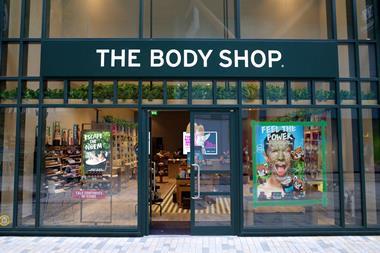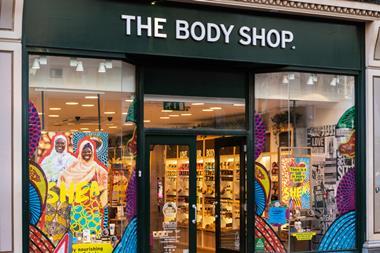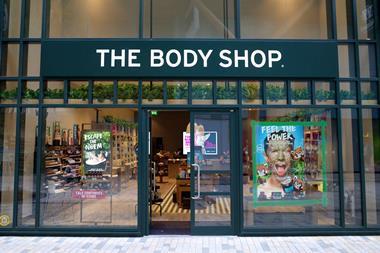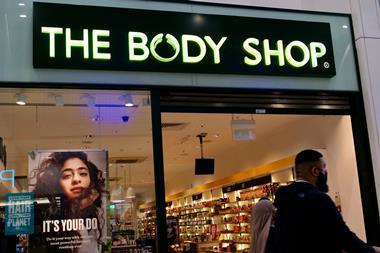Cosmetics giant Natura & Co posted strong profitability driven by gross margins but said The Body Shop is “fundamentally reassessing every aspect of its business” as profits fell.
In a trading update for the second quarter of the year, Natura & Co posted a gross profit of BRL5bn (£806.83m), up 2.7% from BRL4.9bn (£785.5m) at the same time last year.
Adjusted EBITDA was BRL753.1m (£119.4m), a 25.8% jump from BRL598.4m (£94.95m) the previous year, while net revenue was down 4.1% at BRL7.7bn (£1.2bn) as the group benefited from strong gross margins.
The Body Shop reported a gross profit of BRL622.8m (£98.8m), down 11.6% from BRL704.9m (£111.8m) in the second quarter of 2022.
Net revenue was at BRL800.3m (£126.9m), a 12.5% fall in constant currency terms compared to BRL909.4m (£144.2m) during the same period last year.
The Body Shop said “since Ian Bickley’s arrival as CEO, the business is fundamentally reassessing every aspect of its business” and added that it is “focusing on structural cost reduction and strict cost containment measures to drive a culture of cost discipline throughout the organisation as we work to improve net revenue trends and focus on margin expansion and cash generation in 2023 and beyond”.
In April, David Boyton stepped down as the chief executive of The Body Shop after six years with Bickley taking over as an interim.
Fábio Barbosa, group chief executive of Natura & Co, said: “Natura & Co’s second-quarter performance continued to show the improvement already observed in Q1, with low-single-digit top-line growth at constant currency and a significant improvement in adjusted EBITDA margin. This was mainly driven by gross margin, benefiting from mix effects, partially offset by investments and inflation.
“Net income was still impacted by high financial expenses, which will be addressed upon closing of the sale of Aesop, expected to occur in Q3 2023. Cash conversion remains our main focus and this quarter we saw further improvement in operating working capital dynamics, partially offsetting seasonal cash consumption in the quarter. We continue to drive our cash conversion improvement, mainly through working capital and net capex optimisation, among others, and we still see more opportunities to be captured on each one of these fronts, although we might face volatility from quarter to quarter.”



























No comments yet